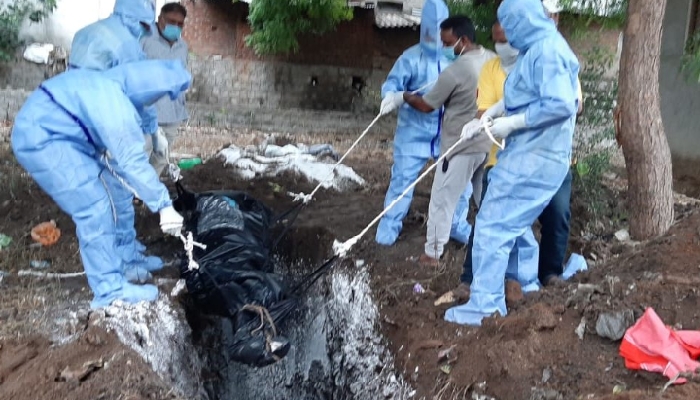
Mangalore, March 2: The identification of land for building an international stadium here has ruffled the feathers of some people connected with the issue.
Two plots of land have been identified, one by the Kanara Chamber of Commerce and Industry (KCCI) and the other by the Dakshina Kannada Cricket Association (DKCA).
While KCCI has identified land in Kulai, DKCA has identified land in Bangra Kuloor. About the status of the Kulai land, KCCI president Mohandas Prabhu said on Tuesday: “I met Deputy Commissioner Subodh Yadav three days ago and the matter is still on. Now, the cost and location have to be examined before accepting or rejecting it. Anil Kumble (KSCA President) is busy with the World Cup 2011 on. When it gets over in April, the matter will be pursued.”
Mr. Prabhu said the land was identified considering that an international stadium with 10 acres of parking space area alone was required. “The entire area has to be at least 35 acres of land,” he said.
Srikanth Rai, President, DKCA, said he inspected, with the Deputy Commissioner, a plot of land in Bangra Kuloor.
“A part of the land is already with the Government, with Directorate of Sports and Youth Services for cricketing purposes. More land, if required, can be acquired,” he said.
Private property
He said the Kulai land was private property.
“The Government is yet to acquire it. That is why the whole issue is in limbo and there is no clarity on the ground issue,” Mr. Rai said.
Mangalore Deputy Commissioner Subodh Yadav said: “I prefer both. Both are good. I am in no way connected with the decision. Only the KSCA should decide quickly.”
He said that in Bangra Kuloor, the land might be insufficient. Getting the land might not be easy as it was in the heart of the city. The Kulai land was sufficient for future needs of an international stadium. Both Mr. Prabhu and Mr. Rai said that they had no preferences which location is opted for.
Meanwhile, Mr. Rai alleged that there had been no communication between KCCI and DKCA on the matter of land identification. Mr. Rai said that there had been “absolutely no communication between KCCI and DKCI nor between the Convenor of DKCA Mangalore and the KCCI on the matter of selecting land for the stadium”.
Initiative
Mr. Prabhu said that the initiative was taken up only because of a letter from KSCA, which he showed to The Hindu, inviting KCCI to find land for an international stadium in Mangalore. But Mr. Rai said: “That letter was not necessary. KSCA could have gone directly to search for a land. We don't need KCCI to search for a land.”







Comments
Add new comment